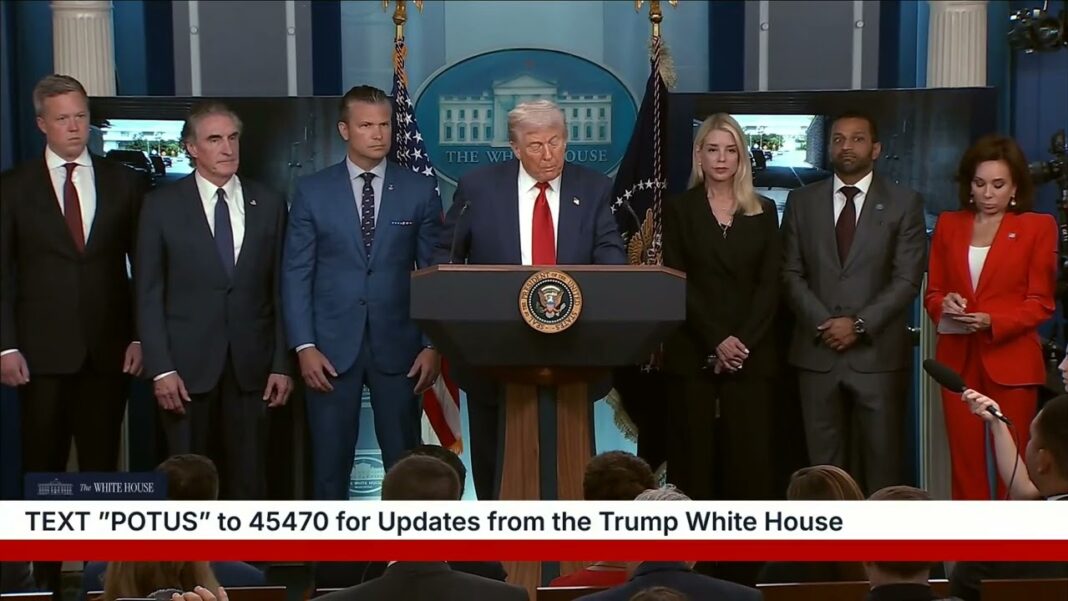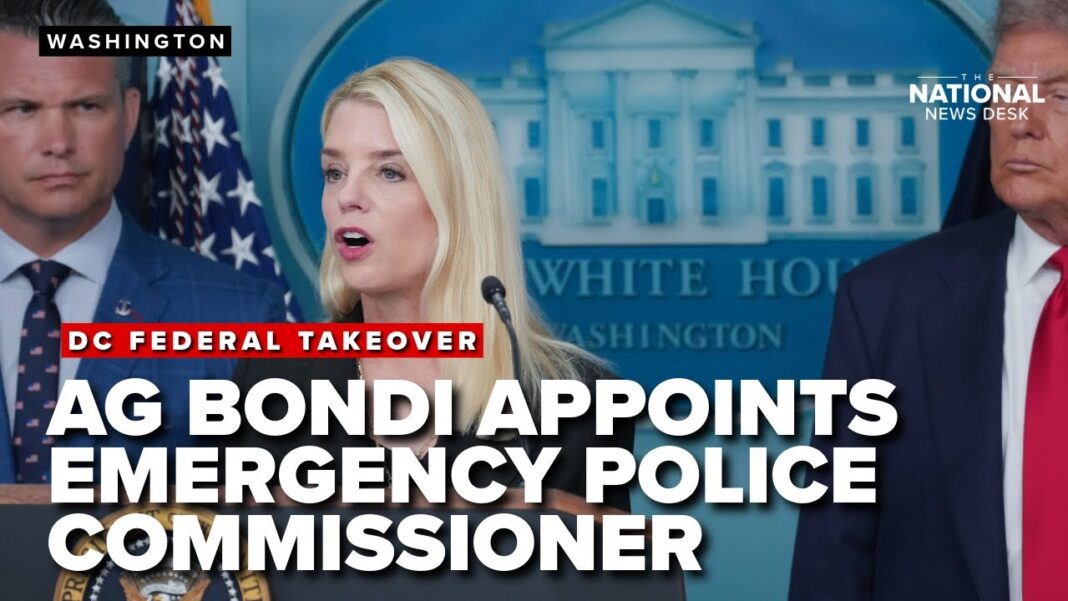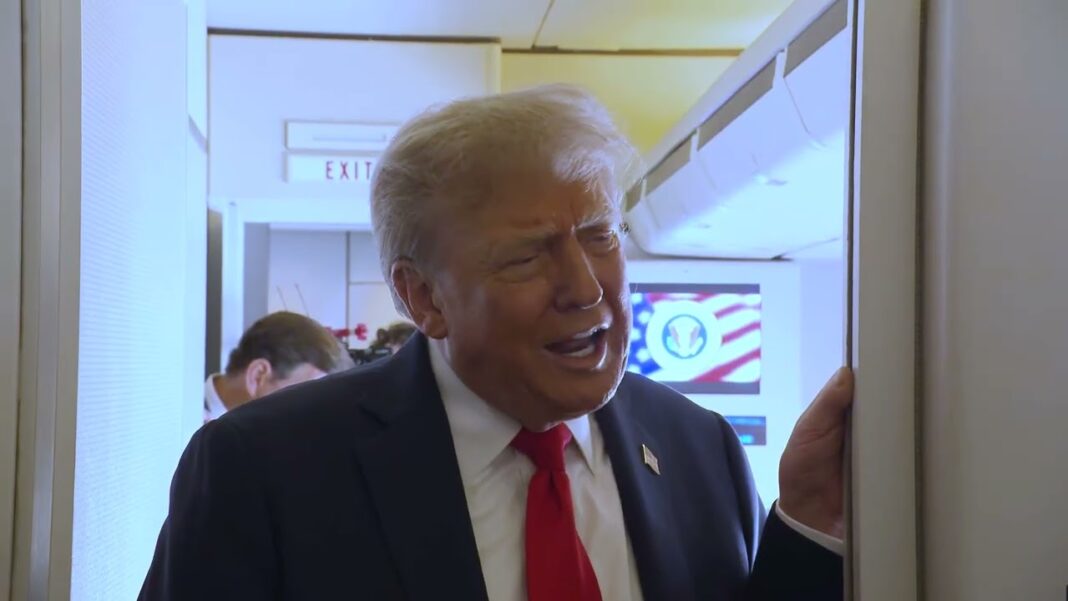He has highlighted crime in Chicago, New York City, Los Angeles, Oakland, and Baltimore.
While federalizing the local police and deploying the National Guard in Washington, D.C., President Donald Trump has suggested he could flex his authority to fight violent crime elsewhere.
“We have other cities also that are bad, very bad,” the president said during an Aug. 11 press conference.
He listed Chicago, New York City, Los Angeles, Oakland, and Baltimore among the cities of concern.
Although homicide and other violent crimes have recently dipped across America, the numbers from big cities are still high—in some cases, higher than they were before surges one to two decades ago.
Trump’s power to deploy the National Guard outside the nation’s capital is also under debate. A federal judge is deciding whether his deployment of troops to Los Angeles was lawful.
Here is what you should know.
The President’s Powers
Trump federalized D.C.’s Metropolitan Police Department after declaring a crime emergency.
He did so under Section 740 of the District of Columbia Home Rule Act, which lets him control the district’s police for up to 30 days without Congressional authorization.
He wants Congress to extend that power, suggesting a national emergency declaration could be a means of sidestepping the legislature if it does not act.
There is no equivalent to the D.C. Home Rule Act in the other big cities Trump named. There, state and local authorities have control over law enforcement.
The National Guard is a trickier question.
U.S. District Judge Charles Breyer is assessing whether Trump’s deployment of National Guard troops to Los Angeles and nearby municipalities violated the Posse Comitatus Act (PCA).
In Washington, the president has deployed the District of Columbia National Guard, which is under clear presidential control.
He did so while keeping them under Title 32 duty status. That shields the president from allegations of violating the PCA. It also leaves them under local authority as they back up the police who are making arrests.
Trump highlighted other possible solutions involving Congress, which is currently in its August recess.








